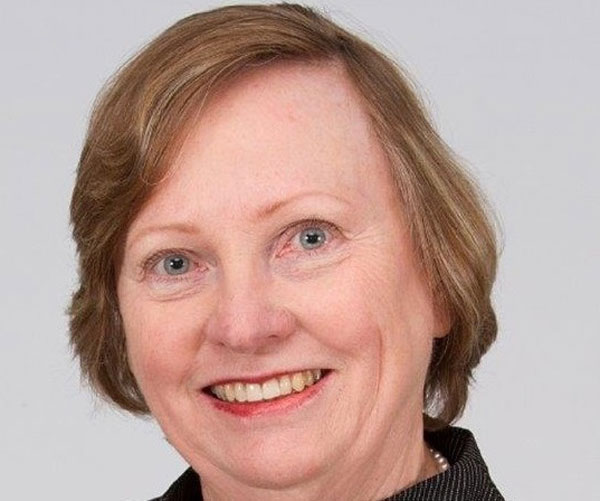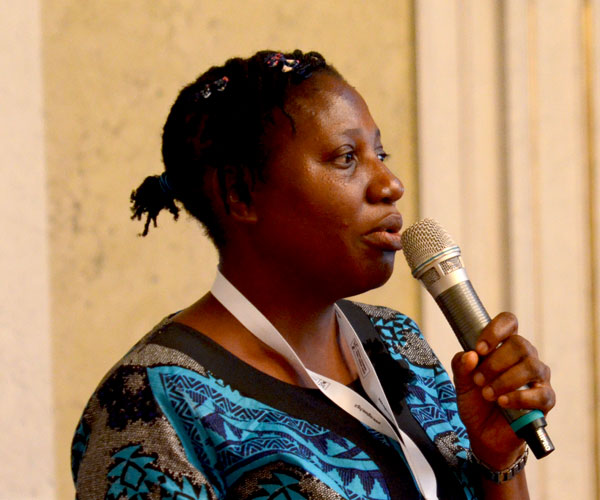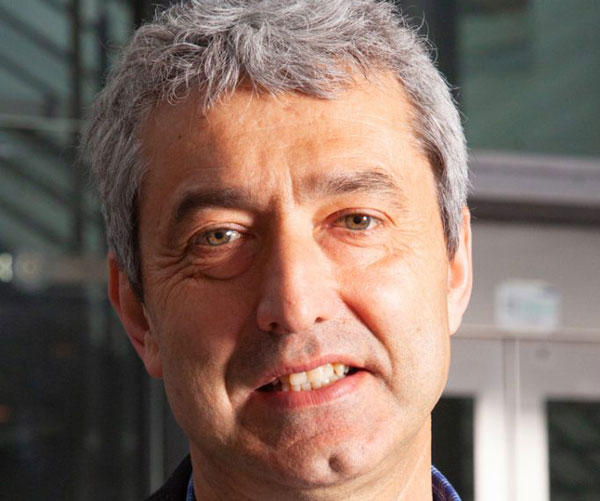In many aspects of society, big data is taking a front seat – including finance, marketing, agriculture and healthcare. The ability to gather and exploit all these data could already be considered the dividing line between developed and developing countries.
Africa, and especially the major emerging economy of South Africa, is quickly catching up with newer technologies that produce breakthrough innovations and change society. But the Global South in general needs to move quickly ahead on the road to "datafication" – the transformation of aspects of life into data, and of these data into new information. But the South must also explore the profound consequences of this revolution, in terms of both its challenges and its opportunities.
move quickly ahead on the road to "datafication" – the transformation of aspects of life into data, and of these data into new information. But the South must also explore the profound consequences of this revolution, in terms of both its challenges and its opportunities.
"In the Global South, the potential of big data and analytics is great. Data is everywhere, all around us. This serves like a gold mine that has to be explored for meaningful knowledge discovery, which can uplift the South economically, socially, academically and in virtually all spheres," said Bolanle Ojokoh, an associate professor in the department of information systems of the Federal University of Technology in Akure, Nigeria. She is also a TWAS Young Affiliate.
Ojokoh, who is currently serving as an executive board member of the TWAS Young Affiliates Network (TYAN), was among the participants at an international panel titled: “Big Data and Data Analytics for the Global South”. The panel was organized by TWAS at the annual international forum, - Science Forum South Africa (SFSA), which took place at the CSIR International Convention Centre from 4 to 6 December. This year the forum was jointly organized by Science Forum South Africa and The Innovation Bridge (IB) Technology Matchmaking.
 Other participants in the TWAS panel were: Victoria Nembaware, project coordinator at Sickle Africa Data Coordinating Center (SADaCC) of the University of Cape Town (UCT), South Africa; Anne Namuli, a software engineer with HiveOnline Aps limited; and Ina Smith, planning manager at the Academy of Science of South Africa (ASSAf).
Other participants in the TWAS panel were: Victoria Nembaware, project coordinator at Sickle Africa Data Coordinating Center (SADaCC) of the University of Cape Town (UCT), South Africa; Anne Namuli, a software engineer with HiveOnline Aps limited; and Ina Smith, planning manager at the Academy of Science of South Africa (ASSAf).
The round table was chaired by professor Roseanne Diab, the former executive office of ASSAf and the current director of GenderInSite, a UNESCO programme unit hosted by TWAS. The panel was convened by Sena Galazzi, associate programme officer at TWAS.
TWAS has been taking part in global discussions on big data for several years, offering its voice in the international debate. In 2015, the International Council for Science (ICSU); the InterAcademy Partnership (IAP); the International Social Science Council (ISSC); and TWAS developed an accord, “Open Data in a Big Data World", where they proposed 12 principles to guide open access to big data.
In 2016, the U.N. Scientific Advisory Board released a report that describes the role that the United Nations and its agencies can play to facilitate data gathering while overseeing both quality and access. Four TWAS Fellows sat on the board.
Other events have also focused on big data:
• a round table at the international science festival Trieste Next in 2016;
• a symposium on “Big data and Data Analytics” sponsored by Elsevier and held during the TWAS 28th General Meeting November 2018, in Trieste, Italy;
• and an international meeting organised by the TWAS Young Affiliates Network (TYAN) and supported by the Elsevier Foundation, held in Akure, Nigeria, 10 to 14 June 2019.
Key technologies like machine learning, data mining and management are essential for big data analytics, added Ojokoh. "But we need to clarify and solve some challenges we are facing with data growth: recruiting and retaining these big data analytics, integrating disparate data sources, security, data validation, organizational resistance and governance." Therefore, she pointed out, education about data science should start at the high school level.
"Big data is an emerging field that we cannot ignore, due to the exponential growth in data creation and analytics, and the need for interpretation of the data, which would allow useful and effective decision-making," observed TWAS panel attendee Vittorio Venturi, who is the scientific coordinator at the International Centre for Genetic Engineering and Biotechnology, headquartered in Trieste.
An example was offered by Victoria Precious Nembaware, Sickle Data Coordinating Center, UCT, who presented about big data on sickle cell disease (SCD), one of the most prevalent genetic conditions in sub-Saharan Africa. SCD has received little attention for research, said Nembaware, however there is considerable data from health and research facilities in different African countries: "To accelerate research on SCD in Africa, SADaCC as part of the SickleInAfrica consortium is supporting a multi-national registry. To maximise the impact of big data being collected in the registry (or big data generated as a result of the registry), SickleInAfrica is also supporting infrastructure development, training in big data analytics and tackling possible ethical legal and social implications associated with the SCD registry and big data," she said.
Nembaware has conducted numerous mobile health (mHealth) projects including development of the mGenAfrica project. "With my colleagues, we have developed a mobile phone app (mGenAfrica) in collaboration with various stakeholders, aimed primarily at promoting uptake of careers in genomics and related fields through facilitating engagement between researchers and high school learners. She added: “I am also passionate about evidence-based training and mentoring of the next generation of African health researchers."
TWAS’s session was unique in that it planned to address a young audience, predominantly postgraduate students. "It was encouraging to have an auditorium filled to capacity, excellent speakers and an audience eager to learn more about big data in the African context," said Diab, who is also active in the Organisation of Women Scientists for the Developing World and serves on the Gender Advisory Panel to TWAS.
"Work in these areas and sensitizing young researchers towards the great potential that these new tools offer can result in new employment opportunities as well as innovation in general," she concluded.
Cristina Serra

